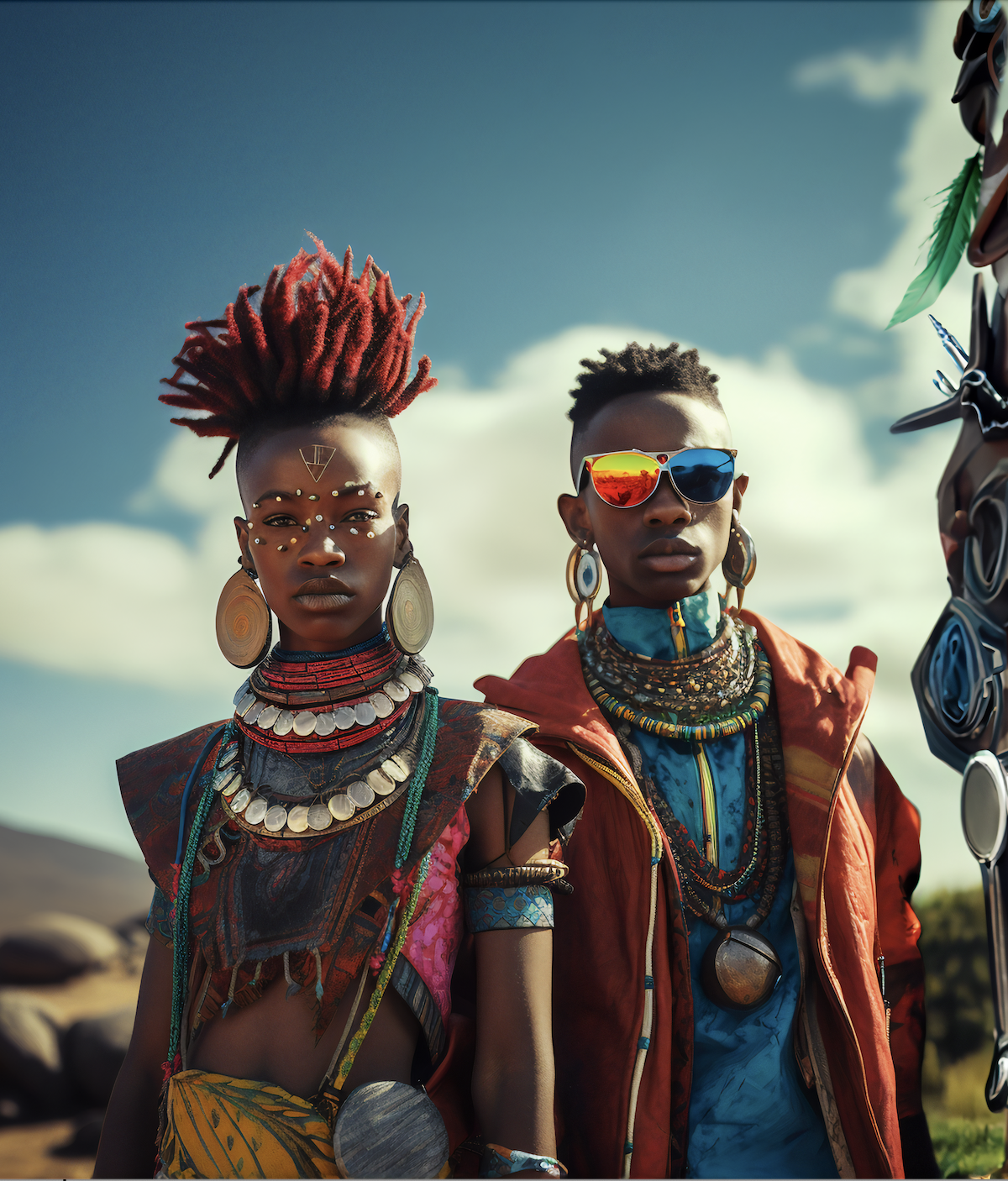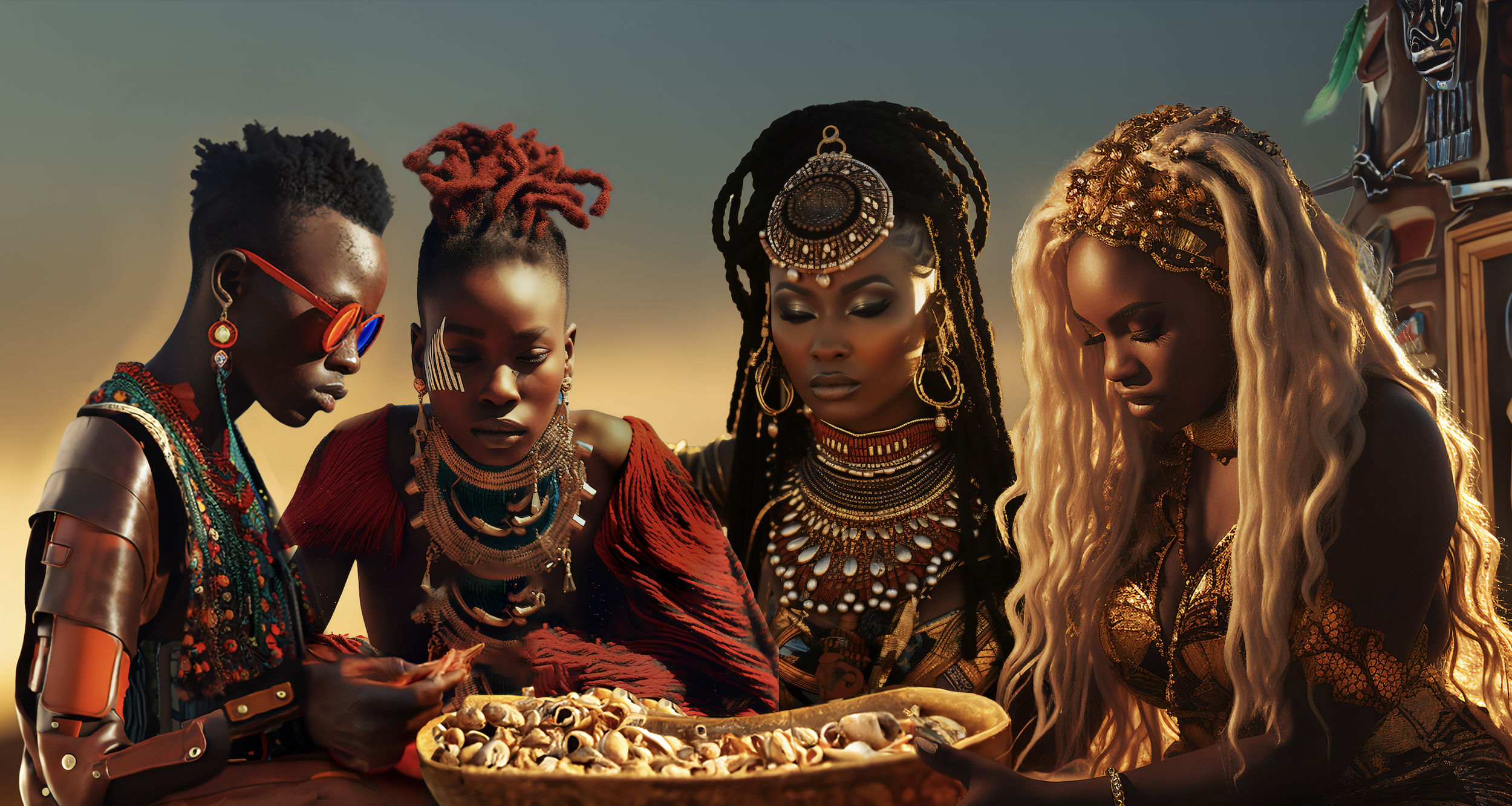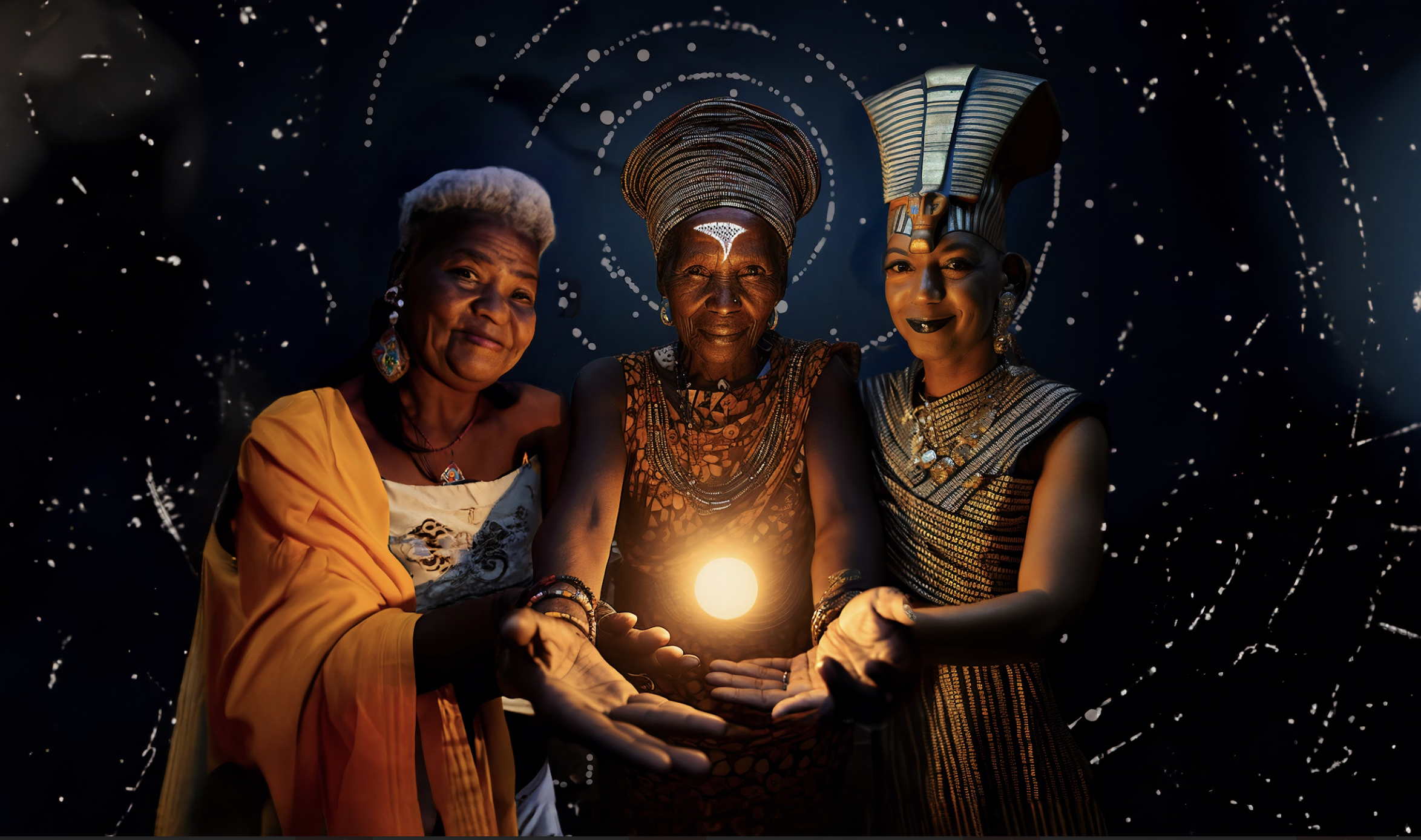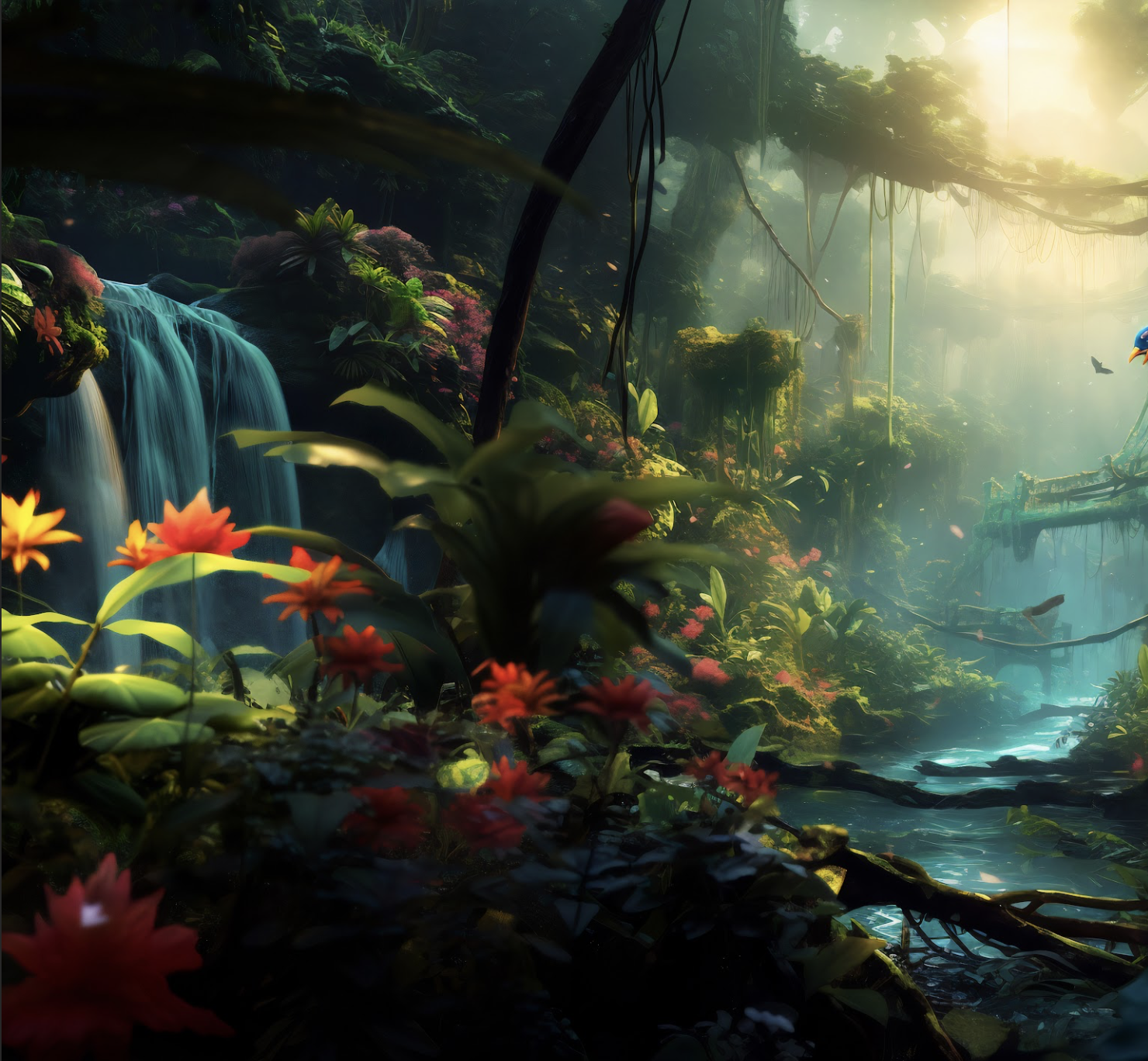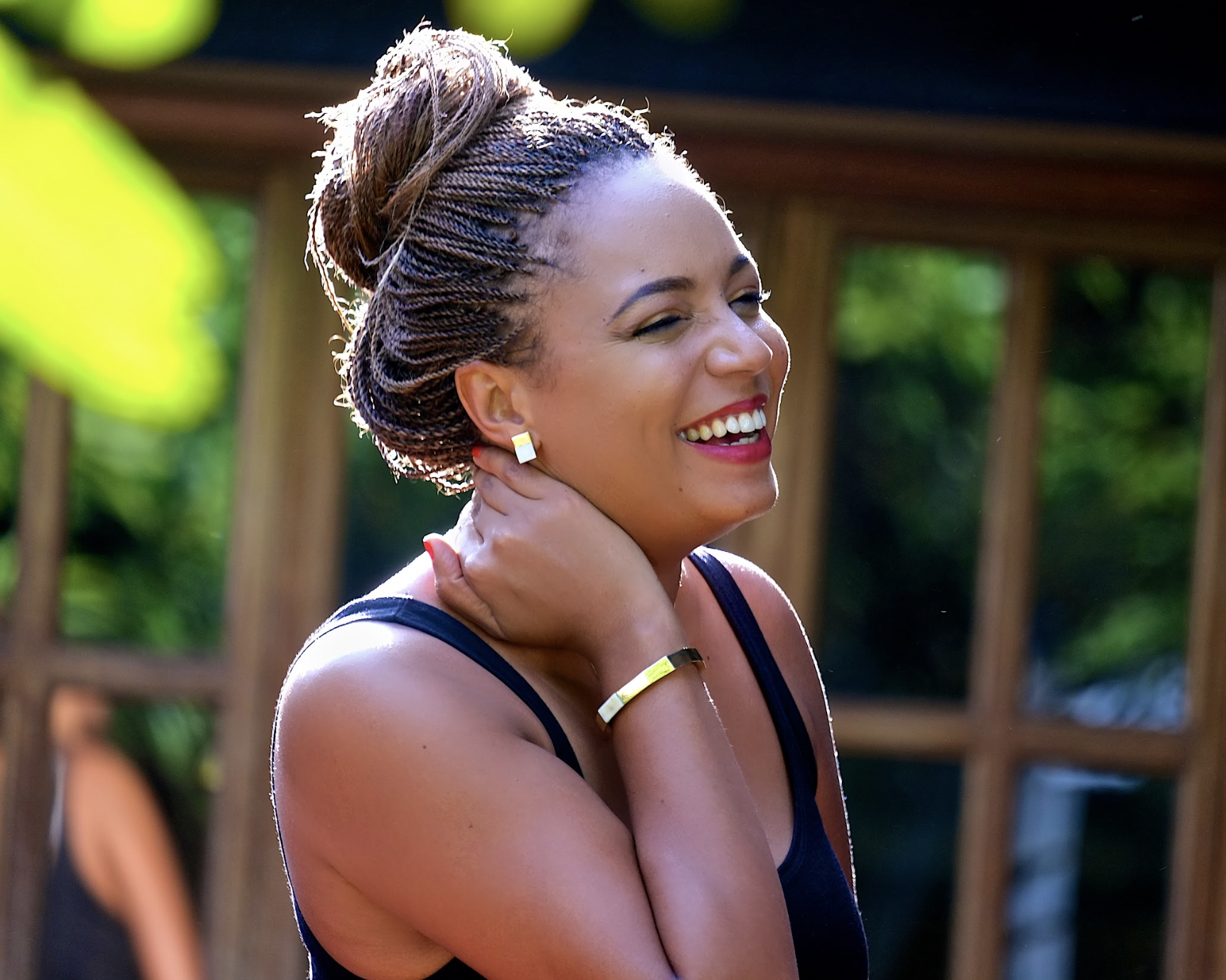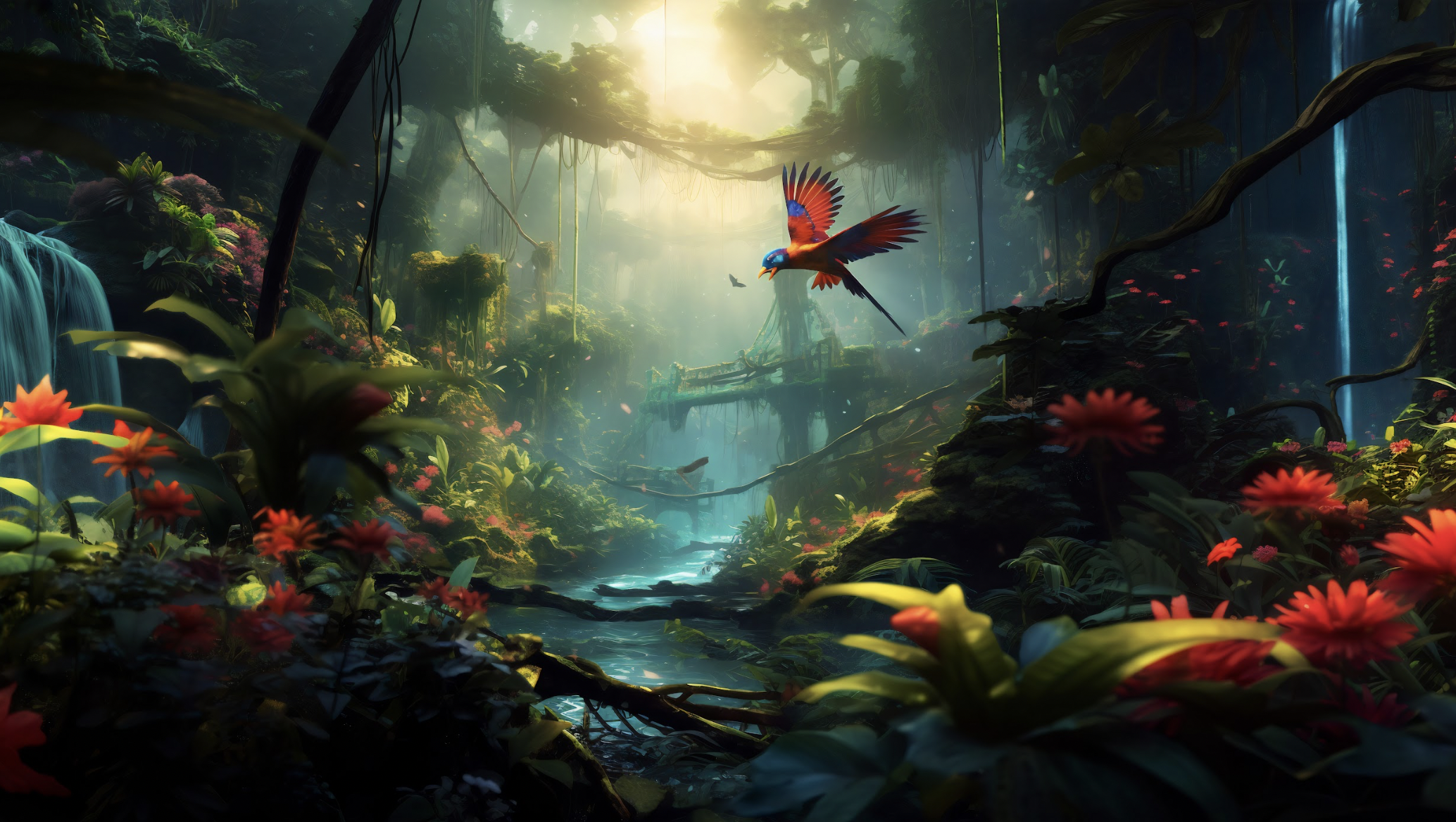
wata
A play and educational toolkit by Maïmouna Jallow
The problem is, despite being twins, they are constantly bickering. Will they be able to put aside their differences and save the last oasis in Africa, or will their constant fighting also spell the end of an entire continent?
WATA (pidgin English for Water) is a captivating stage play designed for families that highlights the power of community. Drawing from rich African mythologies and centering environmental stewardship, audiences are invited on a journey to discover the inspiring stories of real-life women heroes who fought for freedom. Through drama and humor, WATA places African history and culture center-forward and seeks to foster connections with the global Black Diaspora and indigenous communities. Alongside the play's development, an educational toolkit is being crafted to address climate crisis challenges with practical solutions appropriate for young audiences.
When an unscrupulous leader sells the waters of the Nubiya River to a foreign company, two young heroes must fulfill an ancient prophesy to unite the Orishas of the River, Rain and Sea and bring them back home.
characters
-
These 12-year-old twins never stop bickering. They’re like oil and water, very hard to mix! Oumou is confident, smart, sassy and a tad bossy, and her brother Omar is playful, a bit of a tinkerer-come-tech whizz, and quite frankly, rude!
-
Is it possible to be graceful and melodramatic at the same time? Well, that’s our Queen Mother. She is unwittingly funny but don’t mistake that for weakness! She is determined to ensure the survival of her community.
Oshun is ageless. All seeing and no-nonsense. She is after all, a goddess. She is the river Orisha that glitters in yellows and golds, and is typically associated with water, purity, fertility, love, and sensuality.
-
Our elders. Our women ancestors. The divine feminine. These three women can be credited with breaking boundaries and soaring high.
In 1900, Yaa Asantewaa famously led an army of over 5000 men in the Ashanti war, also known as the War of the Golden Stool or the Yaa Asantewaa War of Independence, against the British Empire. Our Yaa Asantewa is matronly, confident, kind and of course, wise.
Mekatilili Wa Menza was a Kenyan independence activist who led the Giriama people against the colonial administration between 1912 and 1915. She was exiled hundreds of kilometers from her home, TWICE. And she returned to face them again, TWICE! In our story, Mekatilili, with her contagious raucous laugh, is still fierce as ever.
Hatshepsut. Your Empress! (Not to be confused with Your Highness). An Egyptian pharaoh who ruled for 22 years. They tried to bury her, but they did not know she was a seed. And she is back, full of vigor and very bitter. But who said all our sheroes have to be the “Mama Africa” type?
-
Tonton and Afi are siblings. Tonton is 10 years old, and always ready to help. Afi is only 6, at times easily frightened, and already a peace-maker at heart.
And last, but actually first, is our GRIOT a mischievous storyteller who weaves the story together, and shares his ancient wisdom.
from writer and director Maïmouna jallow
Several years ago, I went to watch my son’s annual school production and to my amazement, they were performing Cinderella. This was in Kenya! When I asked the principal why the kids were performing a Disney story of French origin instead of an African play, she responded that access to local scripts, particularly plays with songs and dance that could ensure all the students were included, were difficult to access. I promised to write a play for the school, and that is where my journey with WATA began.
As I wrote WATA, my driving force was to create a story that would give the children pride in their own ancestry. I also wanted a feminist story with a Pan-Africanist vision.
WATA tells the story of two young heroes who go on an epic journey to the past in order to save the last remaining oasis in Africa. In a time-machine that they make out of recycled materials, they travel across the continent, where they meet Mekatilili Wa Menza, Hatshepsut, and Yaa Asantewaa, real women heroes from history, who teach them the values of courage, unity and self-love. It is rooted in ancestral philosophies, such as Sankofa - the idea that we should not be afraid to go back to the past as we search for solutions to today’s problems; and Ubuntu – the universal bond that connects all humanity.
As the project developed, I realised that this type of content is important not just for kids in Africa, but also for Black kids in America, in the Caribbean, in the UK and in the larger Black Diaspora.
The reality is that in Africa, young people are still taught to venerate Western knowledge and culture. In school, they are taught that A is for Apple, not Africa. Every year thousands of young people lose their lives crossing the Mediterranean trying to reach, Europe, the so-called El Dorado. Meanwhile, in America, slavery is taught in schools in a way that seeks to excuse or diminish the full extent of its cruelty and injustice.
On both sides of the Atlantic, Black children are not being taught their real history. They do not know that the story of Africa did not begin with colonialism, and that the story Black Americans did not begin with their enslavement. They are not told that they carry in their blood the legacy of great civilizations that gave birth to philosophy, science, architecture, art, mathematics, ecology and so on. I believe that accessing this knowledge through creative expression is critical to build self-pride, self-knowledge, self-love, and will support the next generation in creating a more just society.
I also believe that the time is now. African art and artists are at the top of the world. In music, Afrobeats and the unmistakable sounds of Burna Boy and Tyla accompany most of our shopping experiences, whether we are in Lagos, Barcelona, London or NY. In film, the Wakanda salute became a symbol of Pan-African pride and black resistance to oppression globally. On stage, the musicals - Fela and Hamilton, have not only taken Broadway by storm, but also opened theatre doors to a whole new generation of audiences. Wata was born out of this pulse; this beat and I believe that it belongs to this movement and moment.
